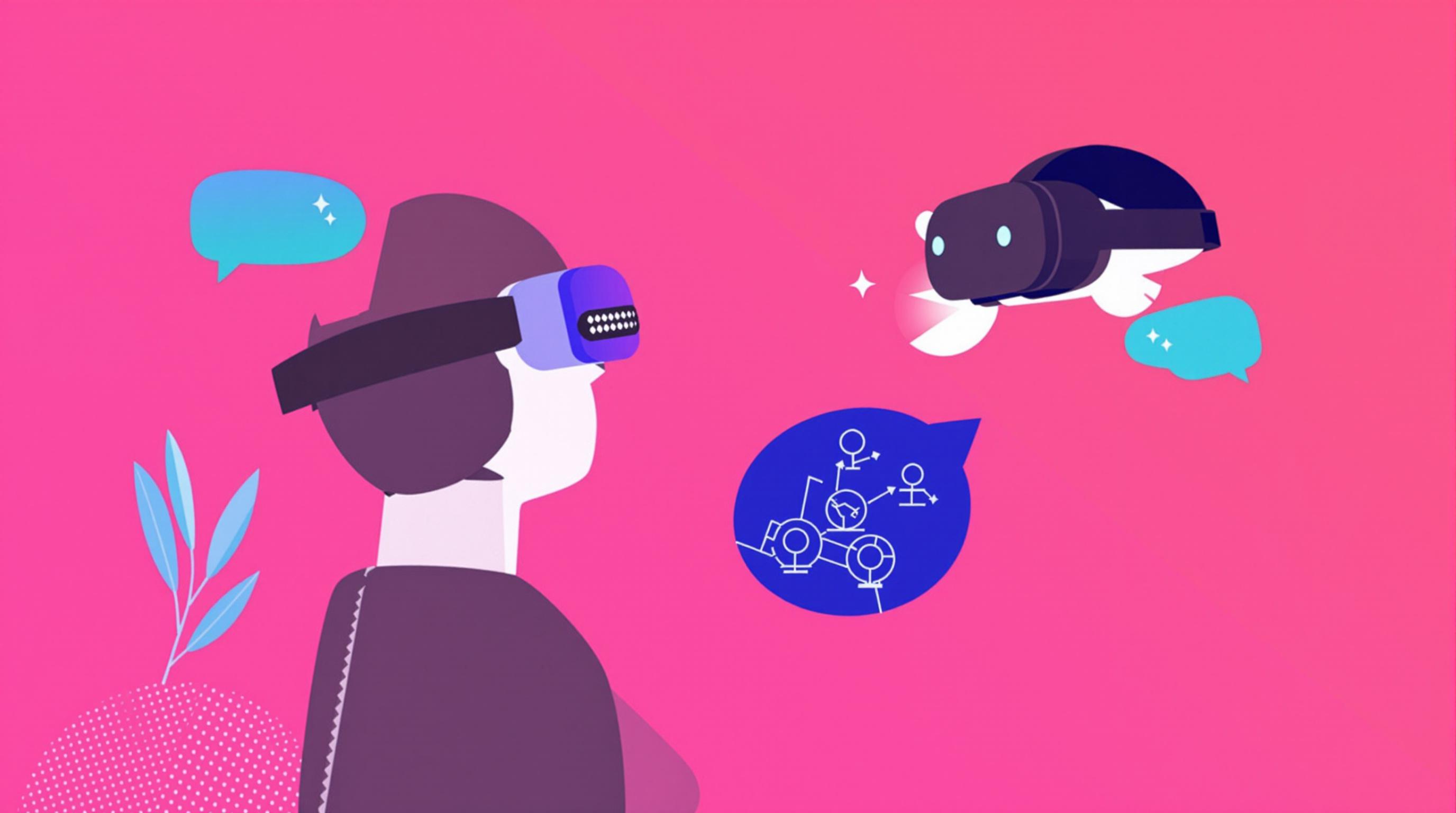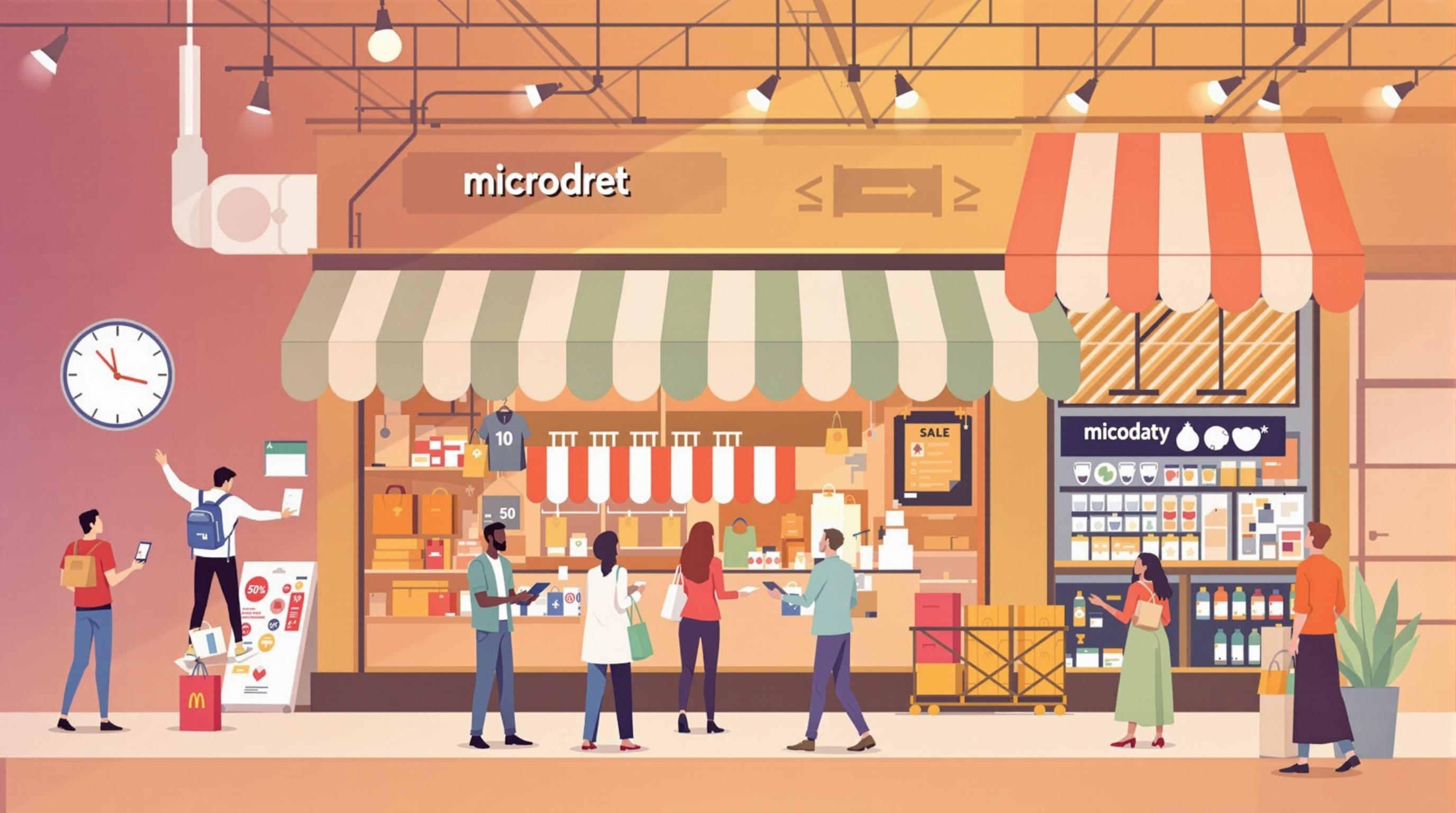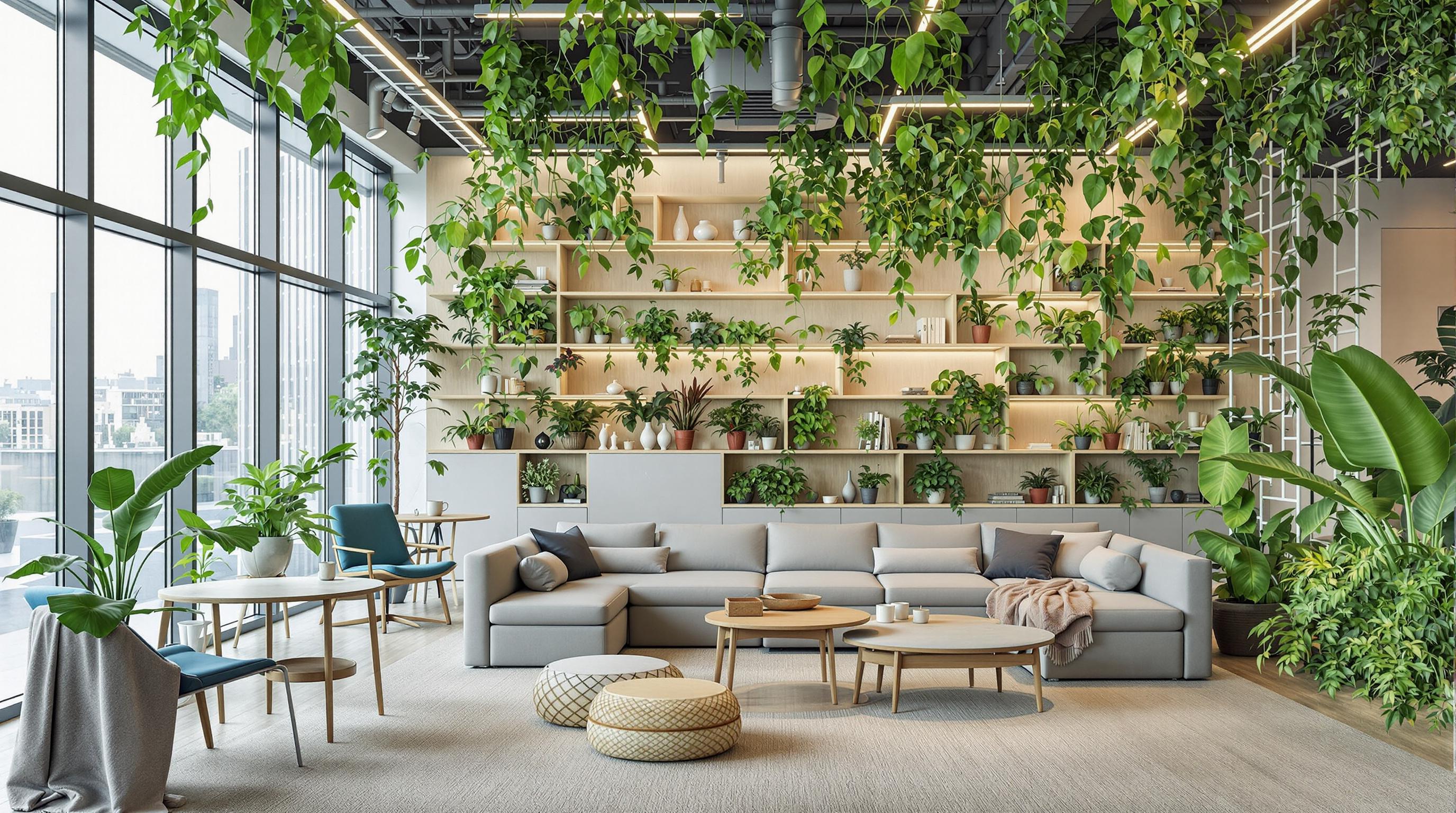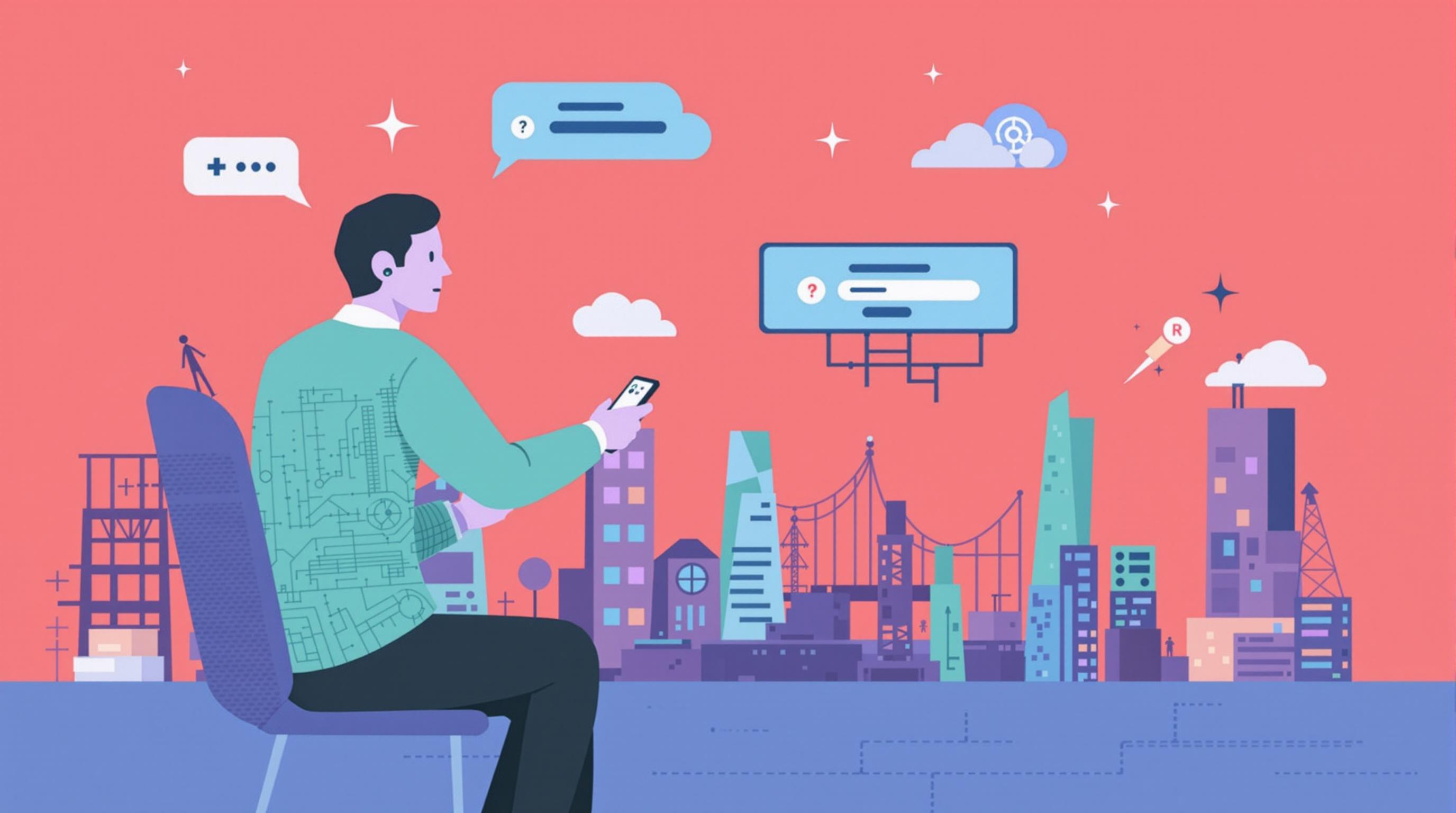Related Articles
- Navigating the Talent Labyrinth: How Emotional Intelligence Is Shaping New Hiring Practices in Unseen Markets
- Behind the Scenes: How Automating HR Processes Is Redefining the Future of Recruitment and Job-Seeking Strategies
- Beneath the Surface: Unveiling the Surprising Role of Environmental Sustainability in Shaping Future Careers
- Exploring the Quirky Side of Remote Work: How Hobbies Are Fueling Professional Success in Unexpected Ways
- How the Remote Revolution is Inspiring Unlikely Friendships Across Continents: A Study of Global Connectedness
- The Unforeseen Bond: How Virtual Coworking Spaces Foster Unexpected Connections Amidst Remote Work
Beneath the Surface: Unveiling the Surprising Role of Environmental Sustainability in Shaping Future Careers
Beneath the Surface: Unveiling the Surprising Role of Environmental Sustainability in Shaping Future Careers
The future of work is intertwined with environmental sustainability, and understanding this relationship could define the careers of tomorrow. As industries pivot toward greener practices, professionals equipped with sustainable skills will be in high demand, shaping their futures in exciting ways.
The Sustainable Job Market: An Expanding Arena
Did you know that the renewable energy sector alone employed over 11 million people worldwide in 2018 (IRENA, 2019)? This figure is only expected to rise as nations pivot to meet sustainability goals, creating a ripple effect in job markets across sectors. Careers directly related to environmental sustainability, including renewable energy technicians, sustainability consultants, and eco-friendly product designers, are burgeoning industries. The psychological and economic crippling effects of climate change will compel governments and corporations to seek talent equipped with a sustainability-oriented mindset, offering a fortress to those prepared with such skills.
Case Study: IBM’s Sustainability Strategy
Consider IBM; the tech giant has fully embraced sustainability into its core business strategy, reducing greenhouse gas emissions by 39% since 2005. Moreover, their commitment to sustainability not only improves their public image but also attracts talents who share similar values. This newfound direction within large corporations shows that sustainability is not a fleeting trend but a fundamental shift in how companies operate. Graduates equipped with sustainable knowledge and practices will therefore find themselves in the driver's seat of their careers, influencing critical decisions and driving change.
A Personal Journey into Sustainability
As a 24-year-old writer and advocate for eco-friendliness, my career trajectory has been profoundly influenced by environmental sustainability. My journey began when I attended a community meeting about local waste management initiatives. What started as a casual interest has morphed into a career where I not only create content but also educate others on the importance of a sustainable lifestyle. Everything from the articles I write to the podcasts I produce revolves around ecological balance, and I can genuinely say, understanding sustainability has given my career a purpose that I'd never thought possible.
Job Readiness: The Skills of Tomorrow
In a landscape where “green skills” are becoming essential, educational institutions are adapting rapidly. A 2020 report by the World Economic Forum forecasts that by 2025, 85 million jobs may be displaced due to automation, but 97 million new roles may emerge—many linked to sustainability.
Students today must embrace interdisciplinary learning. Skills that merge technology with sustainability—such as data analysis for climate impact assessments, knowledge about sustainable materials, and understanding carbon footprint assessments—are becoming essential. Companies are seeking employees who can think critically about environmental challenges and innovate sustainable solutions.
The Role of Education in Shaping Future Careers
Surprisingly, a 2018 study revealed only 50% of institutions offer sustainability-focused programs (Deloitte, 2018). This gap presents a unique opportunity for aspiring professionals to position themselves as pioneers in their fields. Take the example of Mariah, who graduated with a degree in chemical engineering but focused her thesis on biodegradable plastics. By aligning her education with sustainability, Mariah has found roles that not only leverage her degree but also align with her values, opening doors to exciting career paths.
What Companies are Looking For
Hilariously enough, the adage “it’s not what you know, but who you know” has evolved; now it’s more about “who you know and what you believe.” Companies are increasingly favoring candidates who exhibit a genuine commitment to sustainability. This trend is backed by a 2021 survey where 75% of recruiters stated they would prioritize candidates with sustainability experience. So, whether one is networking at a local startup incubator or attending a corporate career fair, mentioning involvement in sustainability projects can be a game changer.
Real-World Applications of Sustainability in Careers
Let’s dive into a bit of storytelling. In 2017, a friend of mine, Jake, was working as a marketer for a conventional factory. He always had a penchant for nature, and after attending a conference on sustainable business practices, he decided to pitch an idea to his management. His plan? Convert the waste from their production line into usable energy. Fast forward to today, that same factory is now a beacon of sustainability, reducing waste and saving costs. Jake not only redirected his own career toward sustainability but also influenced his entire company culture.
Persuasive Insights: Why You Should Dive Deep into Sustainability
Still skeptical? Let’s break it down with numbers. In 2021, LinkedIn reported a 55% increase in job postings related to sustainability in just one year. This explosive growth illustrates that job seekers would be wise to pursue sustainability. Why not be part of an innovative and dynamic workforce that will lead the charge on climate solutions? The promise of job security, better company culture, and meaningful work stems from embracing sustainability in your career endeavors.
The Pivot Toward a Greener Economy
As we push toward a greener economy, it's invigorating to think about how different career paths will be infused with sustainability. Whether one dreams of becoming an engineer, a healthcare professional, or a financial analyst, sustainability is permeating these roles. Suppliers are now scrutinized for their environmental impact, and accounting is evolving to include sustainability reporting.
Conclusion: The Path to a Sustainable Future
As we look beneath the surface, it's clear that environmental sustainability is not just a trend—it's a defining factor shaping future careers across all sectors. For anyone aged 16 to 70, whether you're a student contemplating your future or a professional seeking to pivot into greener pastures, understanding the importance of sustainability can put you ahead in your career. Embrace this opportunity to align career goals with a mission that not only benefits individuals and companies but also the very planet we call home.
So, what are you waiting for? Dive into the world of sustainability and let it carve the path to your future career! There’s no telling where it might lead you.





